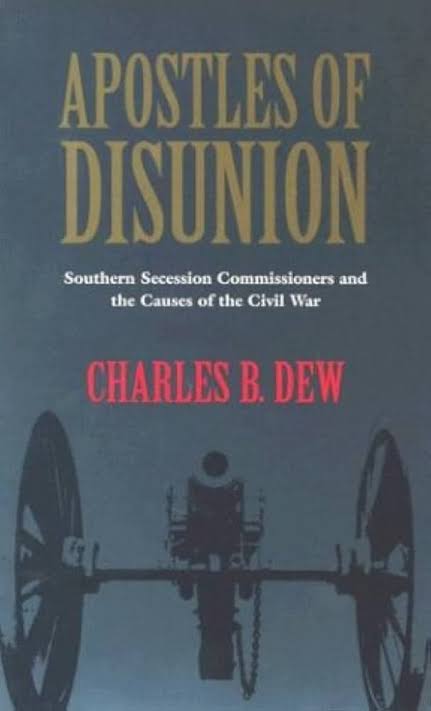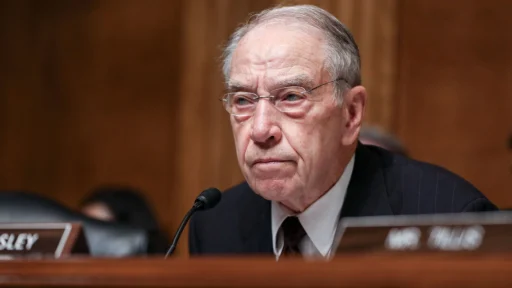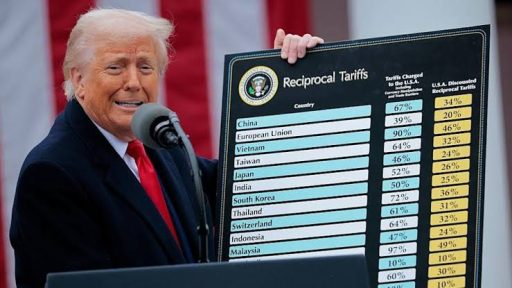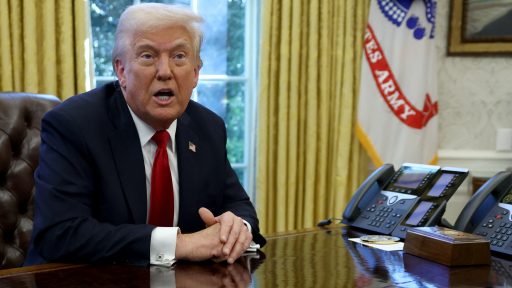Shockwaves Across the Nation: Secret Southern Secession Plot Uncovered
Washington, D.C., November 3, 1859 — In a stunning revelation that threatens to further divide an already fractured nation, federal authorities have reportedly uncovered a covert network of Southern leaders plotting an accelerated and unilateral secession from the Union, months ahead of any formal legislative action. Documents obtained through a series of confidential informants suggest that several high-ranking officials in South Carolina, Georgia, and Mississippi were preparing to declare independence without a vote or public consultation.
The news sent shockwaves through the Capitol, with members of Congress erupting in heated debate upon learning of the report late Thursday evening. Senator William Seward of New York called the plan “an act of political treason” and warned that if executed, it could lead to “immediate armed confrontation.” The documents reveal coordinated communications between Southern governors and militia commanders, including orders for stockpiling arms and fortifying local armories in anticipation of a federal response.
President James Buchanan, speaking in a hastily arranged press conference, expressed “grave concern” over the findings but stopped short of declaring any direct action. “The preservation of this Union must come through dialogue, not disobedience,” he said. Privately, however, several White House aides have admitted that the administration is “deeply shaken” and unprepared for the scale of Southern resistance now coming to light.
Even more shocking are the names involved. Sources confirm that prominent plantation owners and Confederate sympathizers—many of whom publicly denounced violence—were financially backing the plot. Letters intercepted from Charleston suggest plans to blockade federal installations and seize key railway routes before the end of the year. The premeditated nature of the plot reveals that Southern resistance was not just philosophical, but militarily strategic.
Northern newspapers have responded with outrage. The Boston Evening Transcript published a front-page editorial calling for the immediate arrest of all involved. Meanwhile, abolitionist groups in the North have begun organizing emergency town hall meetings, citing the scandal as proof that the “Slave Power” intends to crush democracy through force.
Southern reaction, however, has been defiant. In Richmond, pro-secession crowds rallied in front of the state capitol, waving banners and chanting, “The South Will Rise, With or Without Consent!” Several Southern governors have refused to comment, while others have dismissed the reports as “Northern fabrication.” Despite the denials, military recruitment posters have begun appearing in cities across the Deep South.
Historians are already comparing the current crisis to the Nullification Crisis of 1832, but warn that the stakes are far higher this time. Dr. Eliza Chapman of Harvard University said, “This isn’t just a disagreement over tariffs or policy—this is the opening act of a full-blown rebellion.” She warned that if cooler heads do not prevail, the nation could soon face a civil war unlike anything it has seen before.
As the Union braces for what could be its darkest chapter, the American people are left to wonder: is this a last bluff from desperate states, or the beginning of a permanent fracture in the republic? One thing is certain—the fabric of the nation has never felt thinner.



